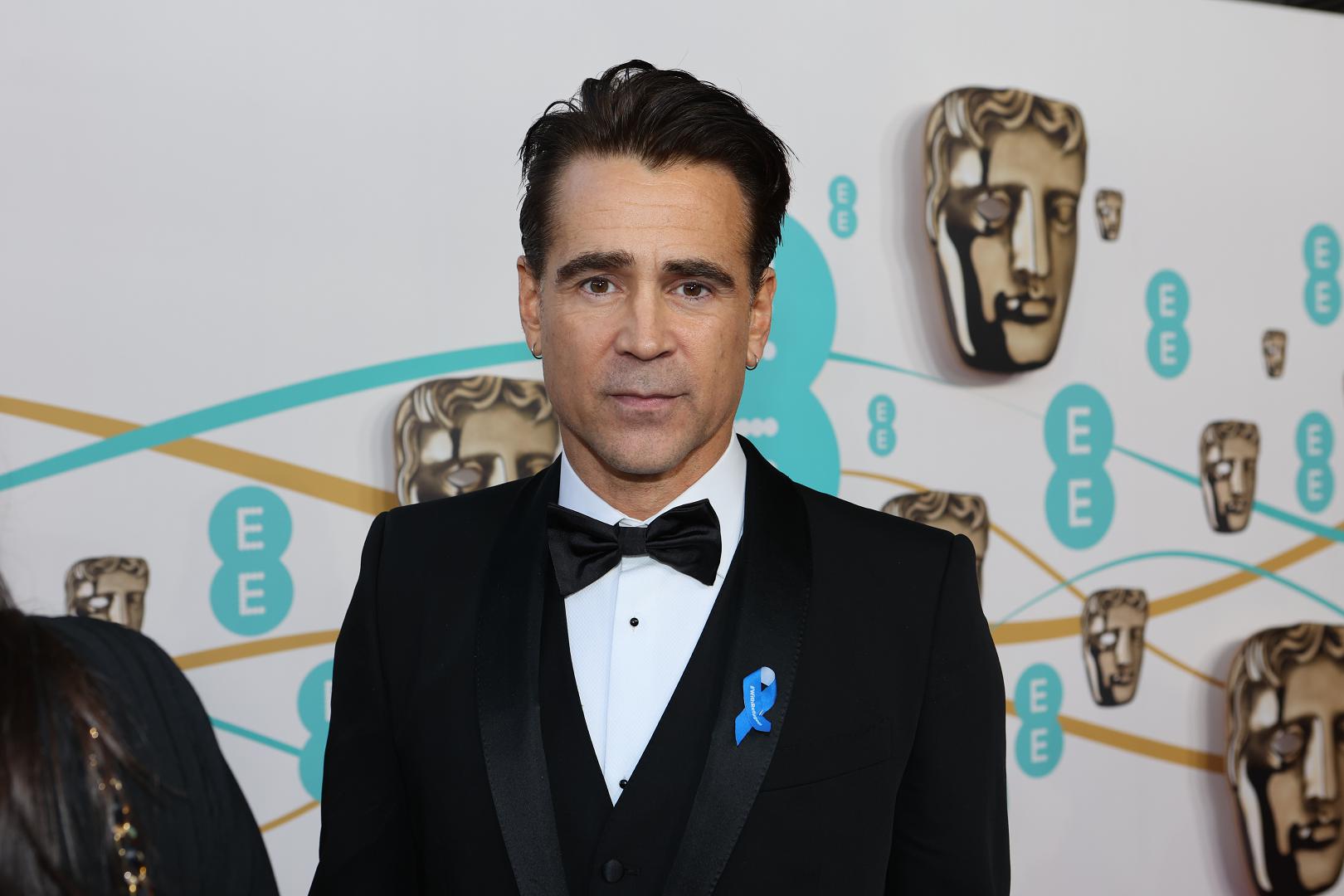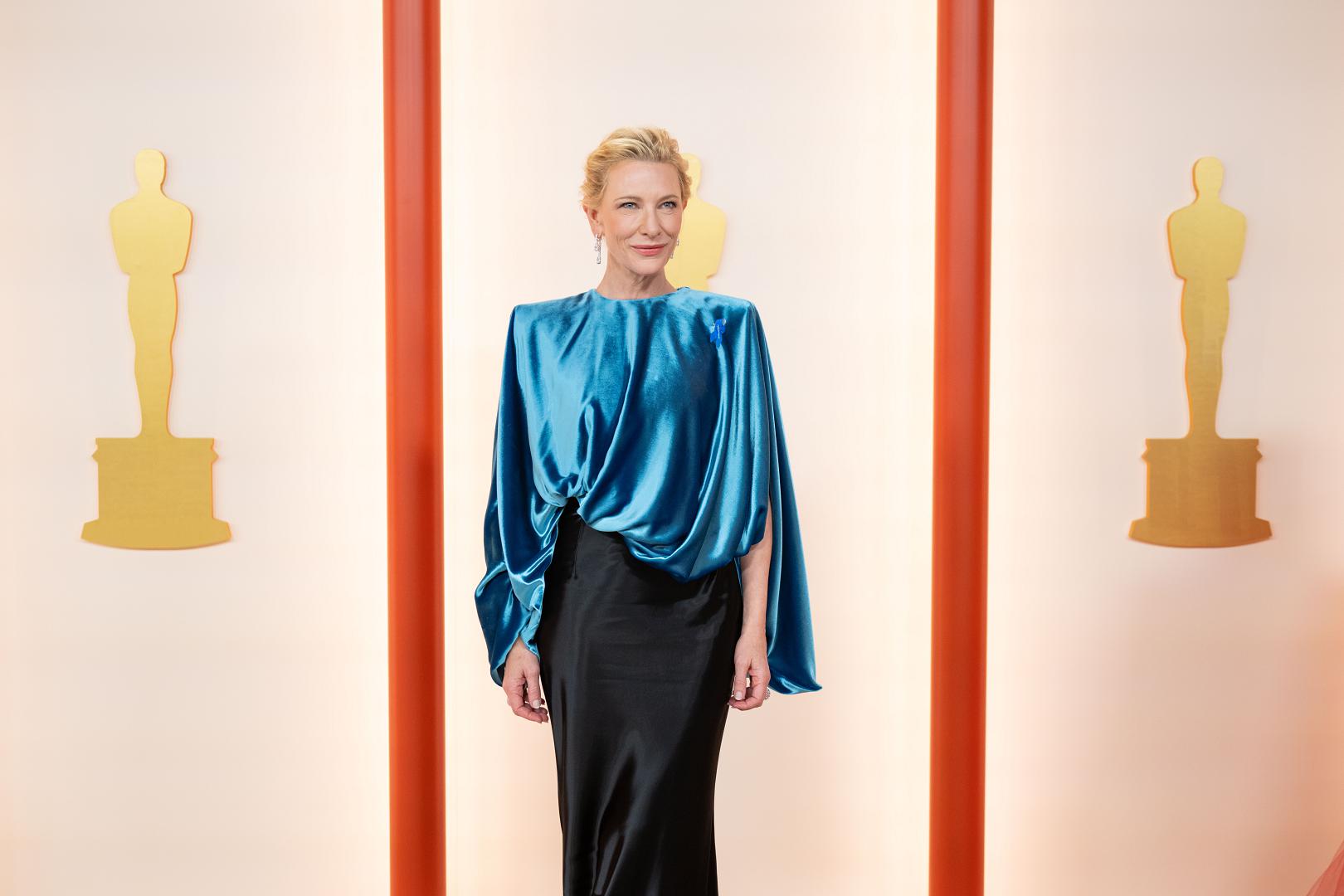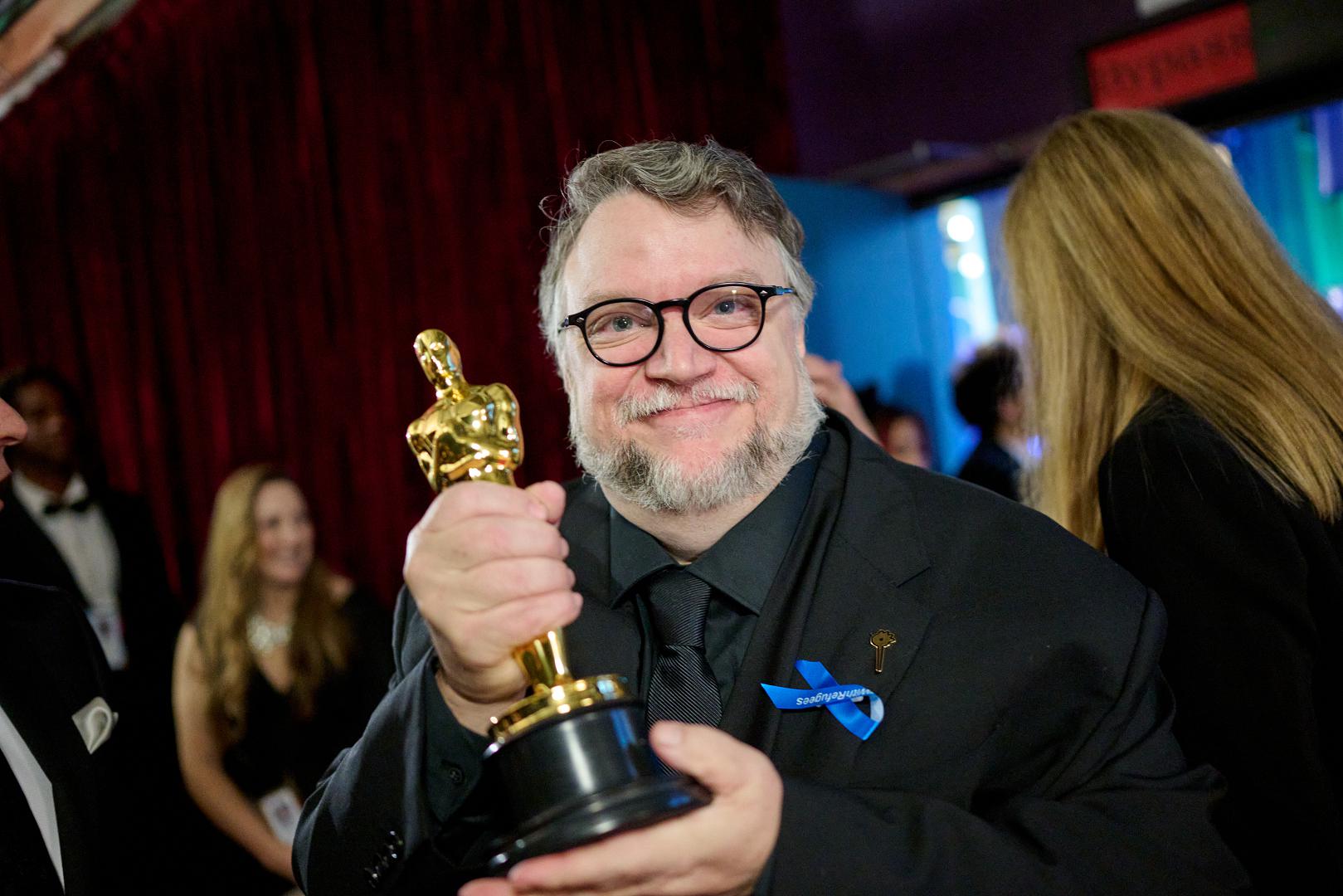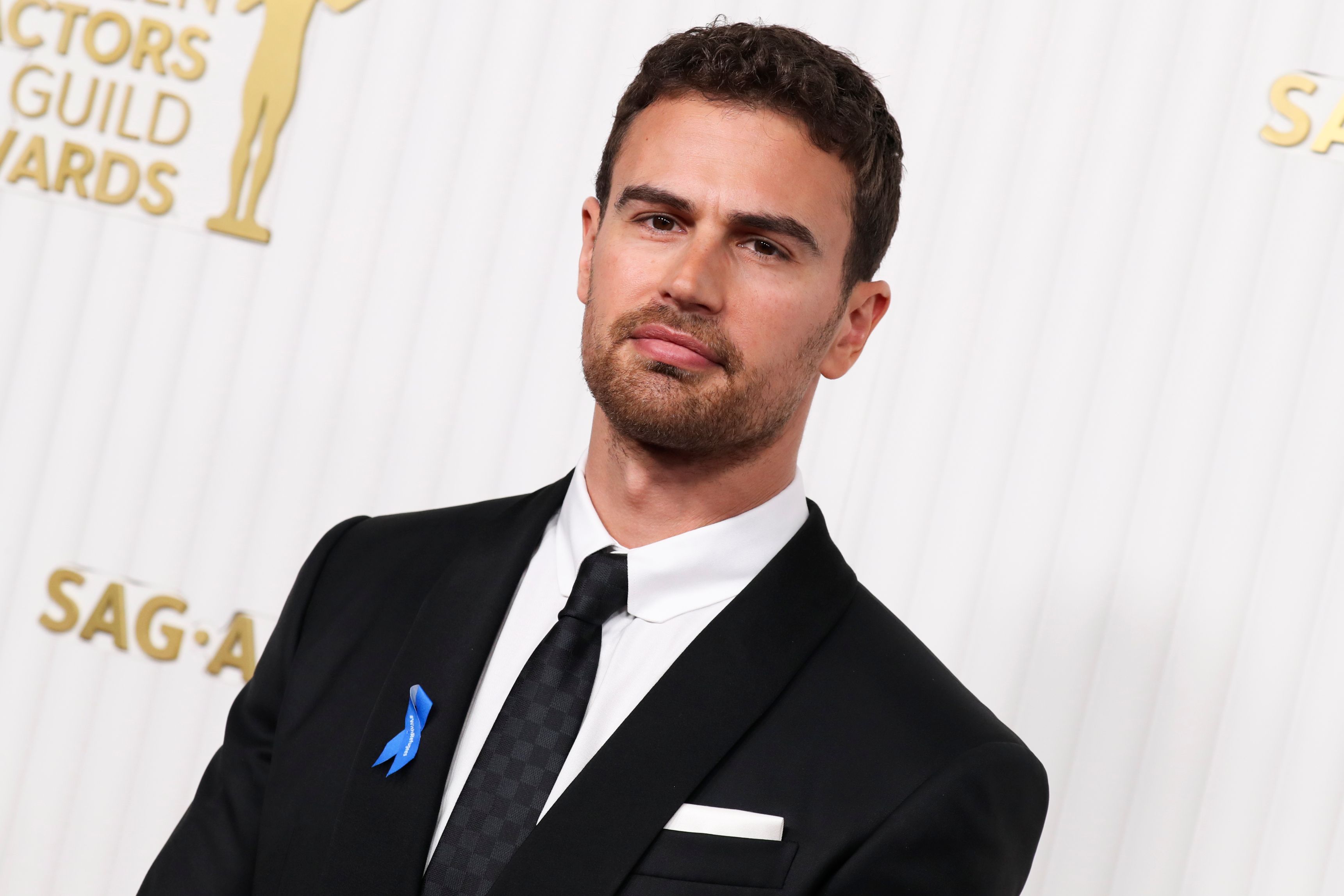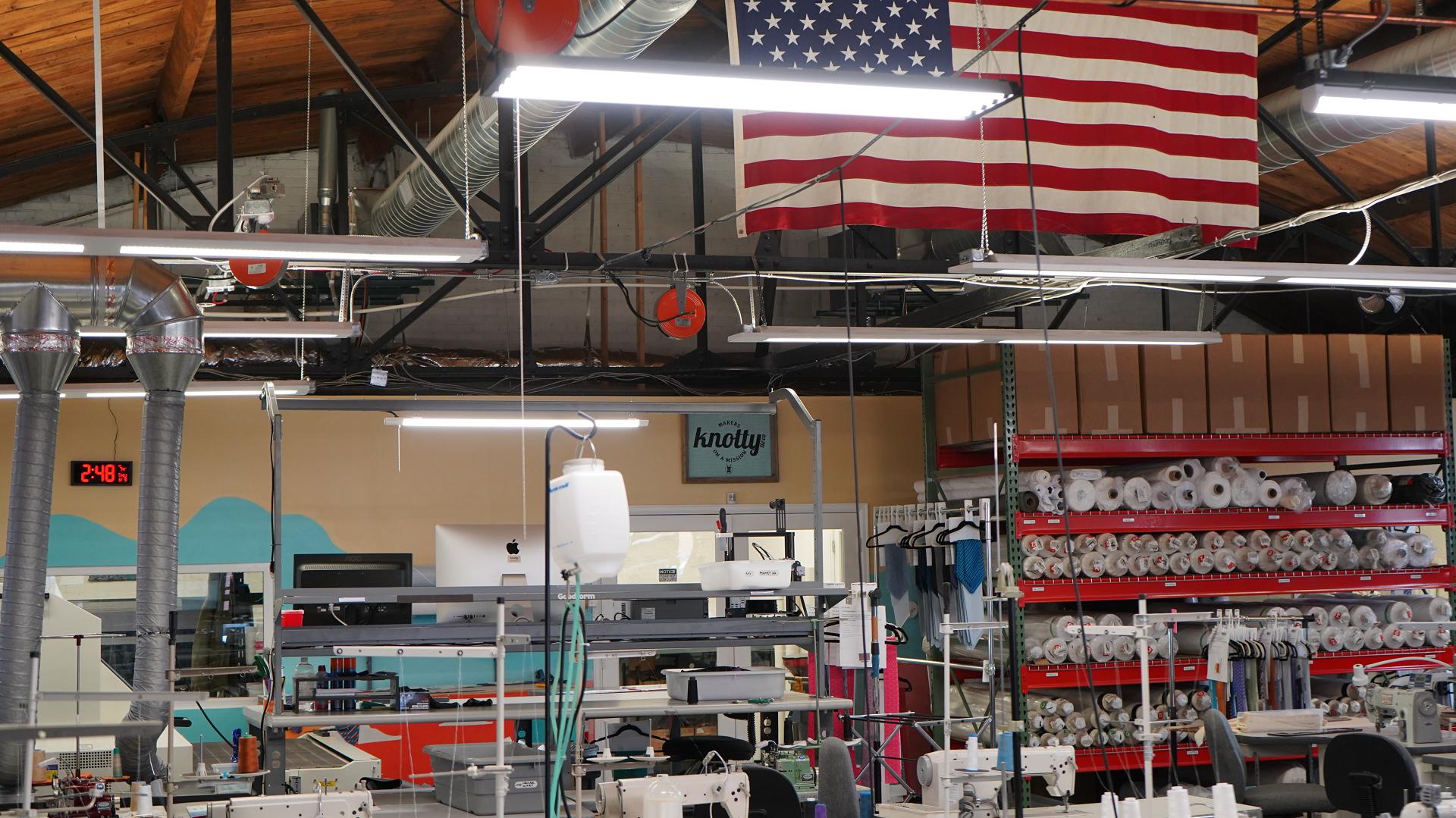Resettled refugees in Denver create the most impactful red-carpet accessory of the year
Resettled refugees in Denver create the most impactful red-carpet accessory of the year
#WithRefugees ribbons made by resettled refugees made their way from Denver, Colorado, to the biggest stage in Hollywood for the Oscars.

A new accessory on the red carpet caught the attention of many during this year’s awards season. Amidst the sea of designer gowns and suits, blue ribbons emblazoned with the hashtag #WithRefugees proudly worn by many of the nominees and eventual winners. The message behind the ribbons was powerful: solidarity and support for the millions of people around the world who have been forced to flee their homes.
Refugees who work at Knotty Tie Co., a small business in Denver, proudly created these blue ribbons. The company's mission is to provide dignified employment to refugees who have been resettled to the United States.
Marc, a refugee from the Democratic Republic of the Congo, was one of the seamsters behind the blue ribbons. When he learned about where his work appeared, he was overcome with emotion. "Helping refugees is a very good idea," he said.

Marc's journey to this moment began at a young age, when he was forced to flee the violent conflict that ravaged his country, taking the lives of an estimated 6 million people. "They started to fight people like me," he explained. "They started to kill our families, our animals, and we made the decision to leave.” After escaping to Rwanda with his family, Marc spent the next 19 years living in a refugee camp, where he taught sewing classes and shared his skills with others. When he was resettled to Denver in 2014, his expertise in sewing was a perfect fit for the skills needed at Knotty Tie.
There he met Omar, a fellow refugee and tailor from Syria, who played a pivotal role in the production of the blue ribbons. He and his wife fled Syria to Jordan in 2012. “We thought when we left to Jordan that we could go back [to Syria] in a few months, but the war was not finished,” Omar explained. They were resettled in Denver in 2017, and he started working at Knotty Tie four months later. Although ties and bowties were a new challenge for him, he quickly adapted to the new patterns and sewing machines. Seeing celebrities wearing the blue ribbons he helped create was a moment of pride for him, “I’m so excited we made those ribbons.”

For Jeremy Priest, co-founder of Knotty Tie, creating an economically viable way to help refugees was a calling. "Refugees overcome so many barriers: linguistic, cultural, academic credentials not transferring, a litany of things," he says, "if you have skills that we can engage right now in your area of expertise, then you are going to feel valued, and we are going to benefit from providing dignified employment."
“I’m so excited we made those ribbons.”
The humble beginnings of the blue ribbons worn by award-nominated actors are a powerful reminder of the importance of welcoming refugees and equipping them with the resources and opportunities they need to thrive. Knotty Tie is an example of a small business that needed the skills of refugees like Marc and Omar and were able to provide dignified employment so they could rebuild their lives.


